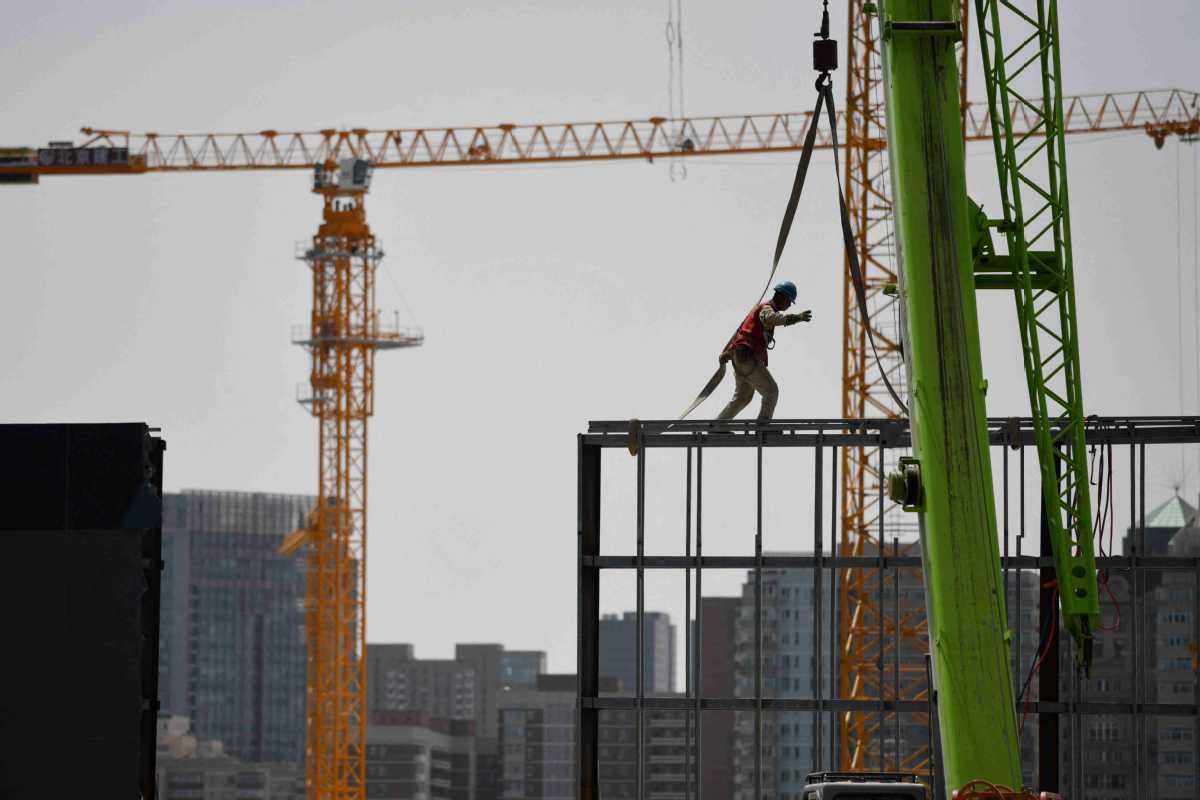Long-term rental housing market heats up


China will ensure well-regulated development of the long-term rental housing market, and cut taxes and fees on rental housing. China will make every effort to address the housing difficulties faced by new urban residents and young people, the report said.
Experts said the development of megacity clusters will create sufficient demand for leasing.
Nationwide, many of the more than 200 million migrant workers cannot afford to buy their own homes in large Chinese cities, forming solid demand for rental housing, Cifi Holdings Group Co said.
Eyeing huge market potential, Cifi's rental home unit is seeking a public listing after seeing a rapid growth in its portfolio, according to Zhang Aihua, chief executive officer of Cifi Holdings Group Co's rental home unit. The unit aims to further expand its assets under management about tenfold to 100 billion yuan in the mid to long term.
Zhang's confidence comes from measures applied by the government to develop the rental housing market.
During the 13th Five-Year Plan period, Shanghai built more than 700,000 rental housing units. As of 2020, Shanghai had launched 152 plots for construction of more than 10 million square meters of gross floor area living space, which would inject at least 220,000 new apartment units for leasing, said Feng Ganghua, an official with the Shanghai Housing Administration.
Shanghai Mayor Gong Zheng said the city will accelerate its rental housing development.
More large land plots for rental housing will be offered, and 18 out of the 22 major cities that China Real Estate Information Corp monitored have announced their annual land supply plans. The majority of them vowed to allocate some 10 percent of residential land supply for rental housing.
Zhang of Cifi Holdings said average land costs for rental homes are only about 23 percent that of conventional residential plots in Shanghai. The low-cost land makes it possible for rental market to generate a similar profit margin as other property sectors.
Experts see a promising outlook for rental housing both in terms of business scale and profitability.
"Rental housing is going to become a very important part of China's housing market, and rental apartments could take up between 20 percent and 30 percent of annual new homes supply in large Chinese cities in the future," Hui of Beijing Zhongfang-Yanxie Technology Service said.
Meanwhile, annual rent is equivalent to 5.63 percent of the total property value in the United States, and 6.13 percent in Japan. But in Beijing, it is merely 1.7 percent, and it is 1.61 percent in Shanghai and 1.56 percent in Guangzhou, Li of China Real Estate Information said.
Facing COVID-19-related hardships along with moves to reduce market risk, the long-term rental housing market, which makes up an important part of overall housing rentals, is actively adjusting itself with government support, and currently is on a path of steady and healthy development, experts said.
China Vanke said it operated a total of 184,400 rooms of long-term rental housing as of the end of 2020, and its available projects reported a combined occupancy rate exceeding 95 percent.
Longfor Group Holdings Ltd said 88.5 percent of its 90,000 rental flats were occupied, and 93.3 percent of those operated for more than six months were leased out.
Focused on Shanghai and other cities in East China, Cifi is currently operating more than 74,000 rooms for leasing in 18 major Chinese cities.




































